A beautiful documentary from Delhi.
A shocking satire that spares no one.
A thriller about a serial killer in Iran.
A Pakistan film about family secrets...
Aseem Chhabra lists the best films he saw in Cannes.
The 75th Cannes film festival was the first open, in-person, event on the French Riviera after two years of pandemic-related uncertainty.
Cinema lovers got to see some of the best films of 2022, as well as restored classics, including Satyajit Ray's Pratidwandi and G Aravindan's Thampu.
In a special series, some of the best Hollywood films like Francis Ford Coppola's The Godfather and Steven Spielberg's ET were shown on a screen set up on a beach at night.
Temperatures rose to 35 Celsius and yet, lines were long outside all the theatres.
I got to see some brilliant films that hopefully, will travel to other festivals, and show up in theatres and streaming platforms.
Close (Belgium)

In this beautiful co-winner of the Grand Prix award, Belgian film-maker Lukas Dhont explores the deep friendship of two boys in their early teens with gentleness and tender touches.
All is good between Leo and Remi. They spend most of the time together, even sleeping over at each other's homes.
But when they move to a new school, other classmates question their friendship.
Are the 13 year olds in a relationship?
What does that even mean when children have not yet reached puberty?
The close friendship between the boys will be challenged and the consequences are heartbreaking.
Close is an achingly haunting film with moving performances. It will play in your head long after you have left the theatre.
Triangle of Sadness (Sweden)
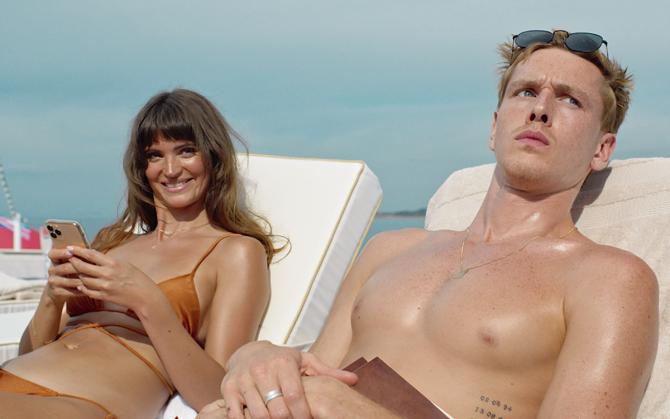
Five years after he won the Palme d'Or for his satire on the art world (The Square), Director Ruben Östlund was back in the Cannes competition section with an even more biting, hard-hitting and yet hilarious film, Triangle of Sadness.
He won the Palme d'Or once again for his explosive film that looks at race, class and gender, making us feel uncomfortable.
Told in three chapters, Triangle of Sadness is the story of a good-looking white couple, who take a complementary trip on a luxury yacht.
Their relationship is already under stress (a nod to Östlund's 2014 film Force Majeure) but on the yacht, they encounter the real one percent of the society.
As unfortunate accidents happen, Östlund hits at the rich elite like no one has done before, meanwhile also giving a voice to the immigrants working on the boat.
The result is a hilarious, shocking satire, with some of the most repulsive acts show on screen.
Triangle of Sadness does not spare anyone. It is a very rewarding film-viewing experience.
All That Breathes (India)
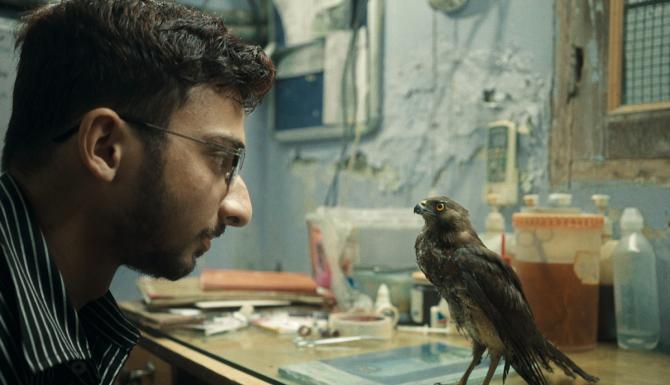
After winning the top documentary award at this year's Sundance Film Festival, Delhi film-maker Shaunak Sen brought his film All That Breathes to Cannes where it won the L'Oeil d'Or (The Golden Eye) award.
All That Breathes examines Delhi's pollution from the point of view of two brothers and their assistant, who spend a large part of their waking hours cleaning the wings of the migratory black kites -- large birds, who have fallen from the skies because of the pollution in the air.
In the background, is the political unrest and communal violence that affected Delhi and the rest of the country in the pre-pandemic times.
But in a stunning, quiet manner, the film's protagonists dedicate their lives to all those, who breathe but cannot survive the onslaught of the man-made disaster that Delhi faces.
All That Breathes is an outstanding documentary that marries cinematic art with a strong social and political message.
Joyland (Pakistan)
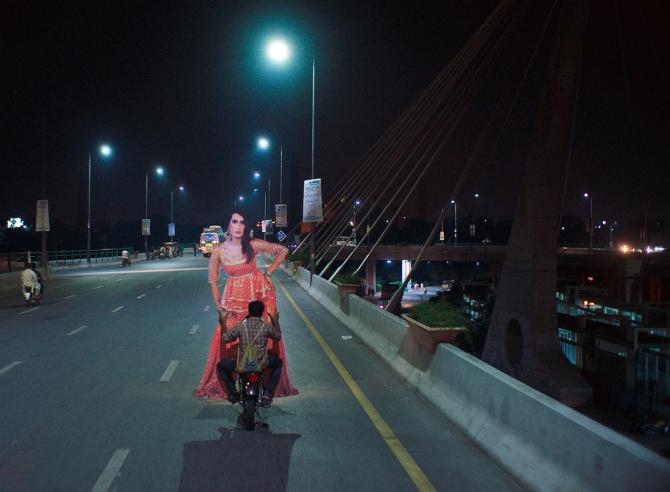
Joyland is the first film from Pakistan to be accepted in the competition section at the festival, where it won the jury prize in the Un Certain Regard section.
Columbia University film school graduate Saim Sadiq's debut work observes the suffocating patriarchy in a lower middle-class family in Lahore, while also visiting gender and sexuality themes.
At the center of the film is the romance between the younger married son of the family Haider (Ali Junjo) and a stage dancer Bina, a stunning performance by a trans actress Alina Khan.
Khan also played the lead in Sadiq's Venice film festival award winning short Darling (2019).
The relationship will eventually be challenged and the family's secrets will unravel, leaving every character broken.
Les Pires (France)
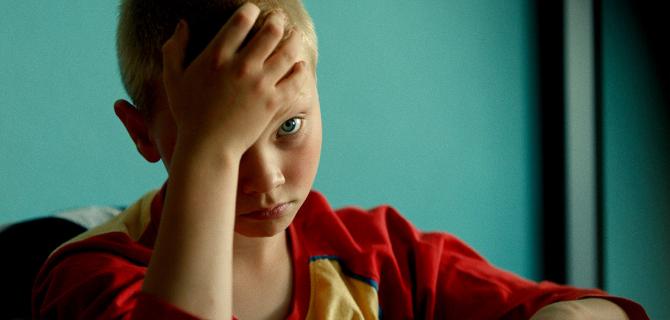
Winner of the top award in the Un Certain Regard section, Les Pires (The Worst Ones) is shot like a film within a film.
A Flemish film-maker wants to make a film about a pregnant teenager and her younger brother and he decides to cast non-actors from working class neighbourhoods.
But all is not easy in this world that Directors Lise Akoka and Romane Gueret create.
The film crew faces insecurities, jealousy and unruly behavior.
And there are challenges in the film-making as well -- the biggest one turns out to be a sex scene that the director wants to shoot between two teenagers.
Les Pires shows the struggles of a film-making crew, especially when the characters play their own lives.
There are moments of humour, but the film does not shy away from the dark sides of the lives of its actors, who are forced to face their own realities.
Broker (South Korea)
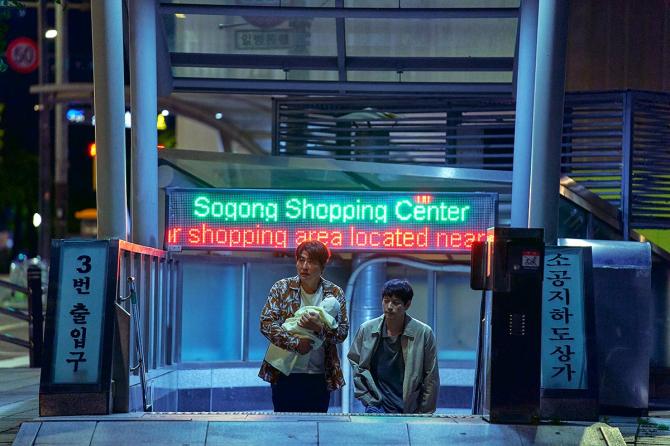
Japanese master Hirokazu Koreeda is a well-known face at Cannes, having shown eight films in competition (including his latest Broker). His last trip to Cannes in 2018 won him the Palme d'Or for Shoplifters.
Broker is set in South Korea and is Koreeda's second attempt at directing a project outside his home country after 2019's The Truth.
The film once again delves into the director's favourite theme: What constitutes a family, and can an unlikely motley crew of individuals develop the warmth and closeness that one expects from blood relations?
In Broker, a prostitute meets two men who attempt to broker a deal and sell her newborn baby to a couple, who do not want to go through the long adoption process.
It is a complicated journey, with many twists and turns, and the police tracking the potential criminals.
But along the way, we start to care and love this unexpected group of family members.
A heartwarming film, Broker is full of wonderful performances.
In fact, the film's male lead, played by the Korean star Song Kang-ho (Parasite and Memories of Murder), won the Best Actor award in the main competition section.
Stars at Noon (France)

At the age of 76, French Director Claire Denis is managing solid career as a filmmaker.
In February, she won the Best Director award for her film Fire at the Berlin film festival.
At Cannes, she won the Grand Prix (shared with Close) for her latest film, Stars at Noon.
Based on a novel by Denis Johnson, Stars at Noon is the story of a steamy romance between an American journalist (a gorgeous Margaret Qualley from Once Upon a Time in Hollywood) and a mysterious British businessman as they try and make sense of the leftist revolution in Nicaragua in the mid-1980s.
With similarities to the 1982 Australian film The Year of Living Dangerously, Denis's new production also throws two Westerners in the midst of an unsettled socio-political situation in a Third World country.
The result is a dangerous, hot sweaty romantic set-up with the CIA, an unruly army and a group of unsavory characters thrown into the mix.
Stars at Noon divided the audience and critics at Cannes. But the film, with its jazz soundtrack, has a haunting quality that is hard to brush off.
Mother and Son (France)
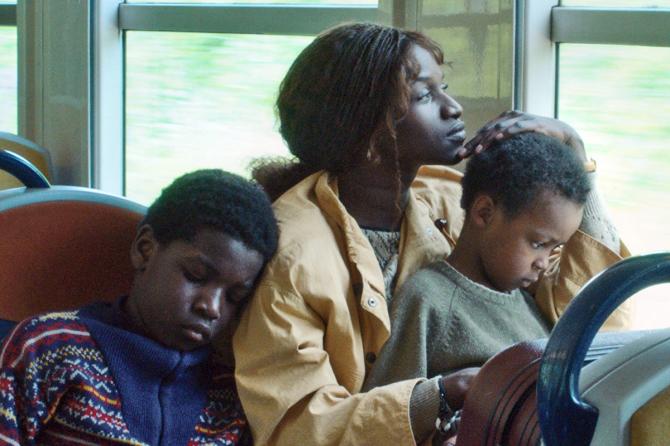
French director Léonor Serraille's Mother and Son is a moving portrayal of an immigrant woman and her journey from the Ivory Coast to France after she leaves her husband, to make a new life for her two young sons.
Spanning nearly two decades, Mother and Son (the French title is Un Petit Frère), works like a novel in three chapters, each focusing on the film's main characters: Rose, the mother (a superb Annabelle Lengronne), and her sons Jean and Earnest.
It is not a smooth life for Rose. She works as a housekeeper in a hotel, hoping to settle with one of the men she meets, while also trying to educate her boys.
Eventually, Mother and Son is the story of Earnest, Rose's younger son, who makes the most of opportunities that come his way, even as he absorbs the sadness that immigrant life often has to offer.
Plan 75 (Japan)
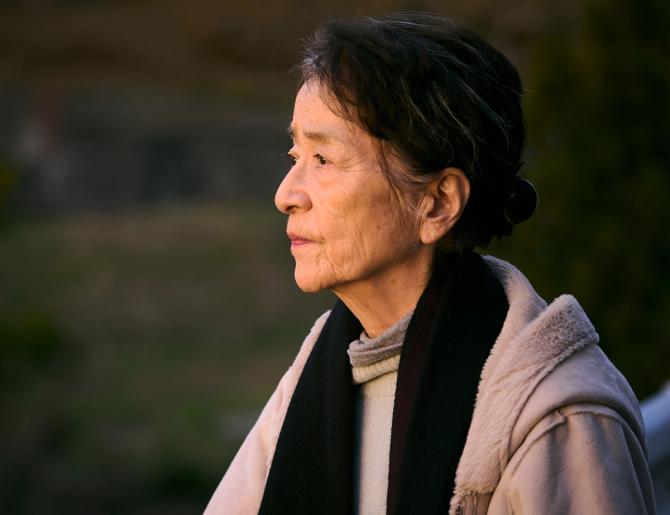
In Chie Hayakawa's debut sci-fi feature, Japan is going through a crisis with an increasing senior citizen population.
So the government comes up with a plan where people over 75 can opt to register for an euthanasia plan once their personal obligations are done with.
It is a morbid idea, but Hayakawa handles the subject with a lot of sensitivity, as the film follows a few elderly people and the young caseworkers assigned to handle their cases.
What follows is a heartbreaking film about accepting the idea of death, while people are still not done with living.
Plan 75 is a lovely film. No wonder it received a special mention in the Camera d'Or category awarded to debut film-makers.
Holy Spider (Denmark)
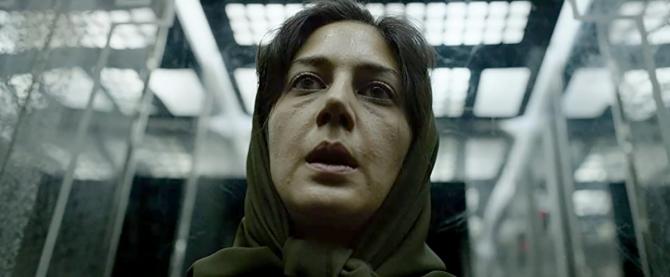
In 2018, Denmark-based Iranian film-maker Ali Abbasi won the Un Certain Regard award at Cannes for his feature Border.
This time, his new film Holy Spider was shown in the festival's main competition section.
Holy Spider is an explosive, at times, gruesome film that follows a serial killer in Iran's religious city of Mashhad.
We know the identity of the killer. He is a religious, middle class family man, a war veteran, on a mission to get rid of sex workers in the city.
Strangling women with their hijab scarves, getting rid of their bodies and maintaining a family life is stressful enough for the killer.
But now he encounters a persistent woman journalist (a terrific Zar Amir-Ebrahimi, who won the Best Actress award for her role), who has arrived from Tehran to investigate the story.
The disturbing thriller, shot in Jordan and based on the case of a real-life serial killer, also focuses on the misogyny and the biases that exist against women in Iranian society.
No surprise then that while it is funded through private (mostly European) sources, Holy Spider was recently dismissed as an insult to the 'beliefs and values of millions of Muslims and the large community of the Shia in the world' by the Iranian government.





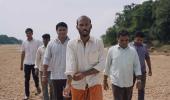






 © 2025
© 2025